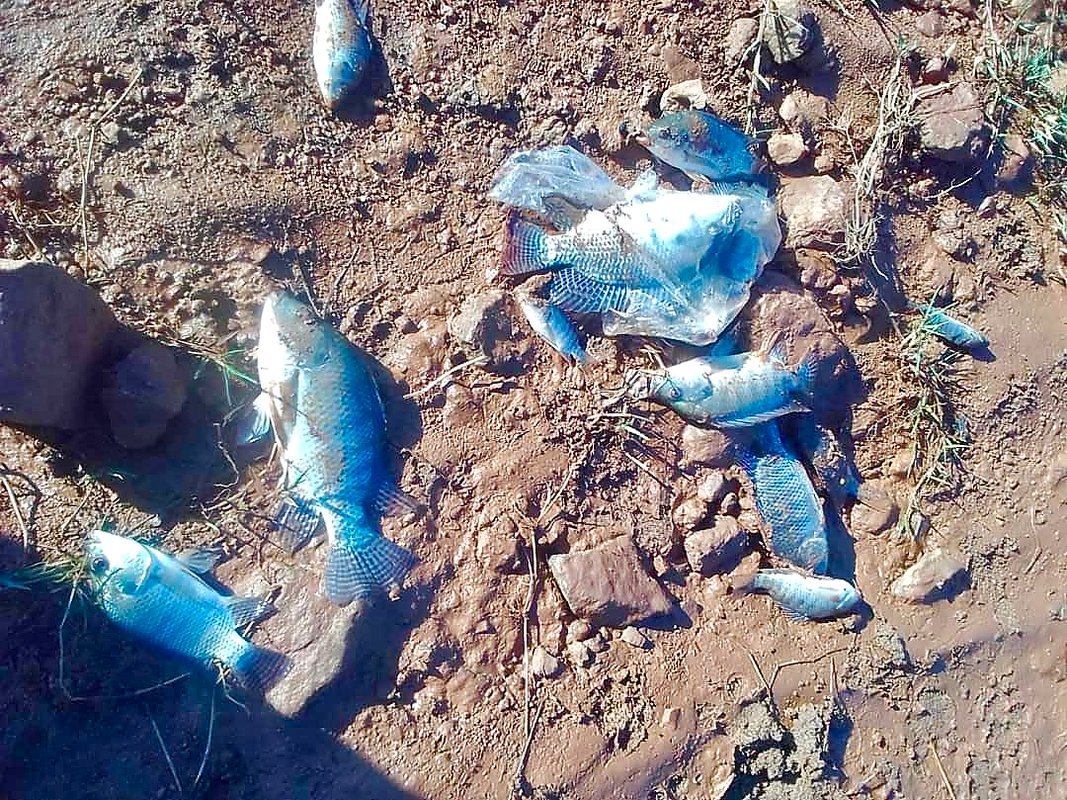A recent cyanide spill in Mazayi River in Maphisa in Matobo District has sparked an outcry over mining companies’ environmental negligence and failure to benefit local communities.
The sight of hundreds of dead fish floating in the river in April last month sent shockwaves through Maphisa.
For the communities that depend on this river, the primary water source for thousands in Matobo District, this was more than an ecological disaster; it was a chilling warning about the toxic cost of unchecked mining operations.
Locals suspected the contamination came from Cyanide, a highly toxic chemical used in gold processing, believed to have been washed into the river from a mining waste dump following heavy rains.
Mazayi river flows dangerously close to Antelope Dam, the primary water source for Maphisa town, nearby villages, ARDA plantations, and livestock.
Communities as far as Lingwe, Tshelanyemba, Sun-Yet-Sen and Tshatshe rely on the river system for drinking water and farming, now potentially threatened by this toxic spill.
Despite claims by the Environmental Management Agency (EMA) that Mazayi River’s water is now clear from contamination, water quality results from an independent test have revealed dangerously high levels of contamination, raising serious public health concerns for residents who rely on the river for use and watering their animals.
Water quality results from Mazayi River in Maphisa, tested on May 6, 2025, by a Bulawayo-based laboratory, EcoVision, commissioned by CITE, confirmed dangerously high contamination levels, raising urgent public health concerns for residents who rely on the river.
The water sample showed excessive calcium hardness, total dissolved solids, high salinity (512 ppm), and conductivity (1030 µs/cm), all well above World Health Organisation (WHO) limits.
EcoVision’s CEO and water engineer noted that elevated hardness can damage appliances and pipes, while high salinity and conductivity make the water unsuitable for consumption, especially for people with hypertension or kidney problems.
Turbidity was also high, indicating suspended particles, and industrial pollutants and heavy metals were present, which pose long-term health risks such as cancer and nervous system damage.
“Heavy metals, even in trace amounts, can accumulate in the body over time, potentially resulting in serious health problems like cancers, skin disorders and nervous system damage,” warned the engineer.
Source: CITE
Source: CITE
